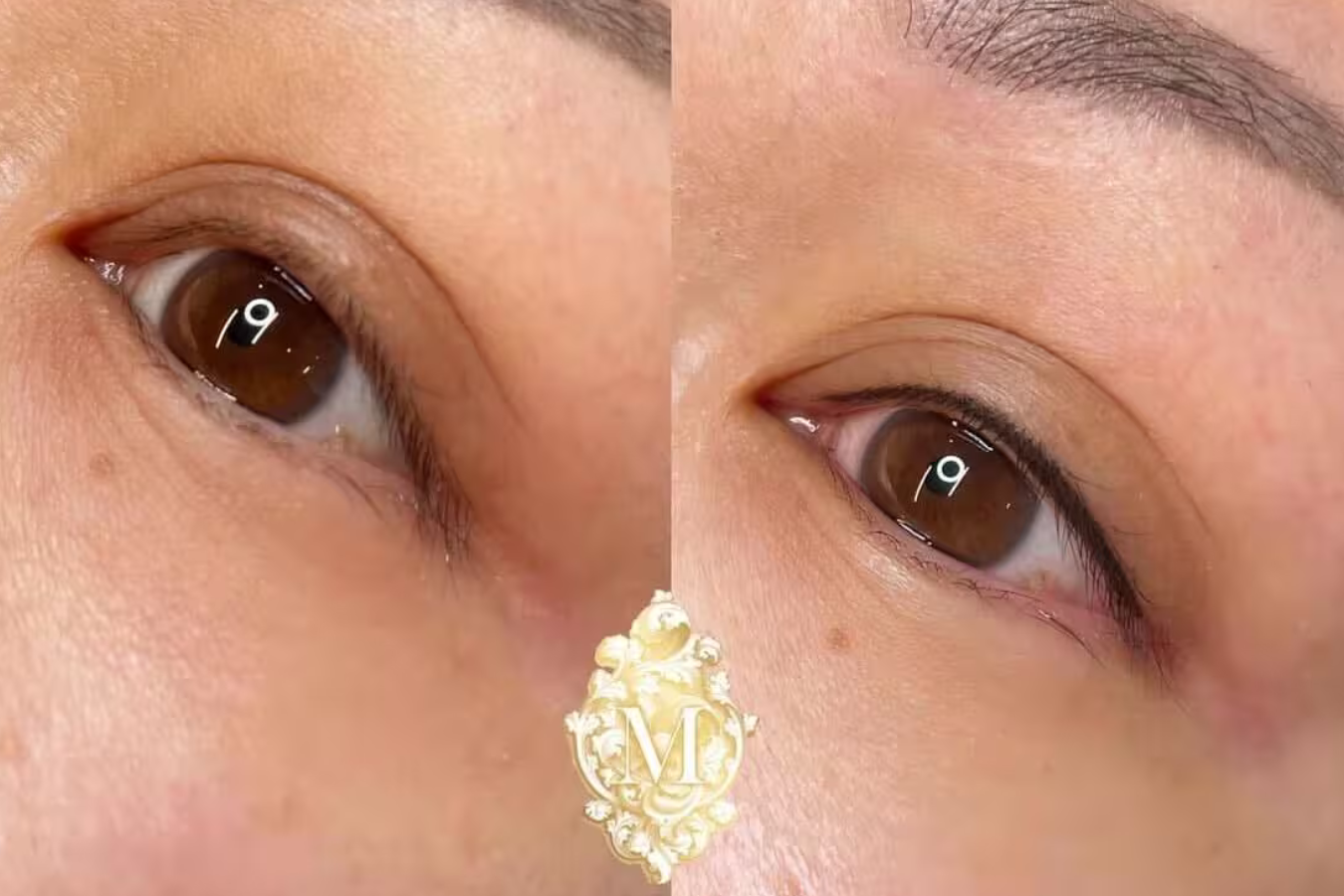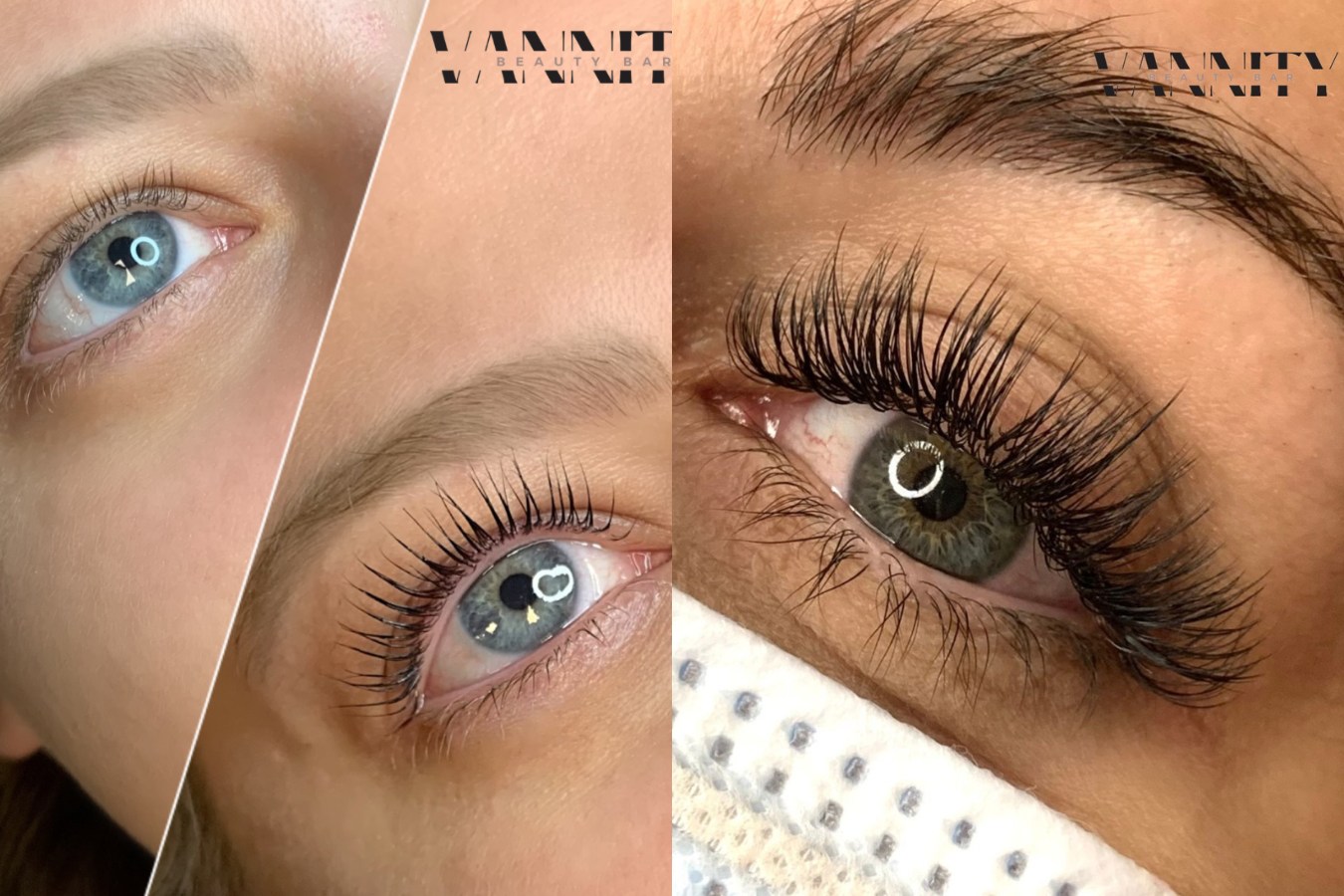As I have been working with a lot of alopecia clients I thought it would be important to understand it better so I took some information from @canaaf website to share some insight with you all.
Alopecia Areata causes inflammation of the hair follicles.The autoimmune attack causes inflammation in the hair follicles, which causes them to lose their hair, and lose the ability to regrow hair until the response is suppressed.
As with many autoimmune diseases, alopecia areata is unpredictable. There is no way to determine when the hair will fall out, how much will fall out, when it will grow back, and if the hair will last.
For many people, alopecia areata is cyclical – meaning they go through phases of hair growth and hair loss. Some people will regrow and maintain hair for many years before it falls out again, others will not regrow any hair on their own (without treatments). Though more common in children than adults, some individuals will only experience one episode of alopecia areata before it grows back and doesn’t fall out again.
The hair follicle is capable of regrowth.
Alopecia areata is generally not associated with any symptoms or other health issues. However, individuals with alopecia areata often have other forms of autoimmunity or immune dysregulations such as allergic rhinitis, asthma, atopic dermatitis, vitiligo, type 1 diabetes, crohn’s disease, etc. Alopecia areata has also been associated with fingernail changes, primarily pitting (little dents) of the nails.
Many feel they have lost a part of their identity when they lose their hair.
Alopecia areata can have a devastating impact on a person’s mental and emotional wellbeing. A person’s hair is often closely linked to their personal identity. Alopecia areata often lead to feelings of shame, depression, social isolation, and anxiety. It can also be very stressful for the families of those affected who may feel powerless and uncertain of what to do.
Social and emotional support is an essential part of the alopecia journey.
Alopecia areata can lead to days missed at work and school, as well as place a significant financial burden on those who seek cosmetic support such as hair pieces, microblading, and micropigmentation. People with alopecia areata may skip social activities due to fear of embarrassment, anxiety, and low self-esteem. It is important that individuals and families are provided with the appropriate social and mental health support to help them with these everyday challenges.
Here are some ways to get involved:
- Participate in CANAAF’s September Giveaway Challenge on social media to help us raise awareness of alopecia. Find us @canaaf on Instagram, Facebook, and Twitter for details. The winners of this challenge will receive a special prize from a CANAAF Vendor!
- Donate. Help someone who has felt the impact of alopecia by making a gift in support of CANAAF’s mission. Money raised will go towards improving access to support groups, educational materials, and other essential resources for those with alopecia and their families.
- Head to Vancouver with friends for Dayna’s Alopecia Awareness Event being held at the end of September and meet others in the community with Alopecia. Dayna is a CANAAF Volunteer and lifestyle coach who will teach a free movement class to inspire body positivity and confidence. Check our social media feeds for more details to come soon.
- Hold a fundraiser using CanadaHelps and have fun while raising awareness and money for this important cause! Head over to www.canaaf.org/fundraising for a list of fundraising ideas and to set up an online donation page.
- Have conversations. Whether with someone in line at the store, or to a friend, the more we can share knowledge and experiences with others, the more understood alopecia becomes. Together we can help focus attention on improving research, treatment, and other medical and non-medical options for hair loss.

.svg)






